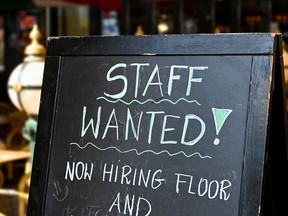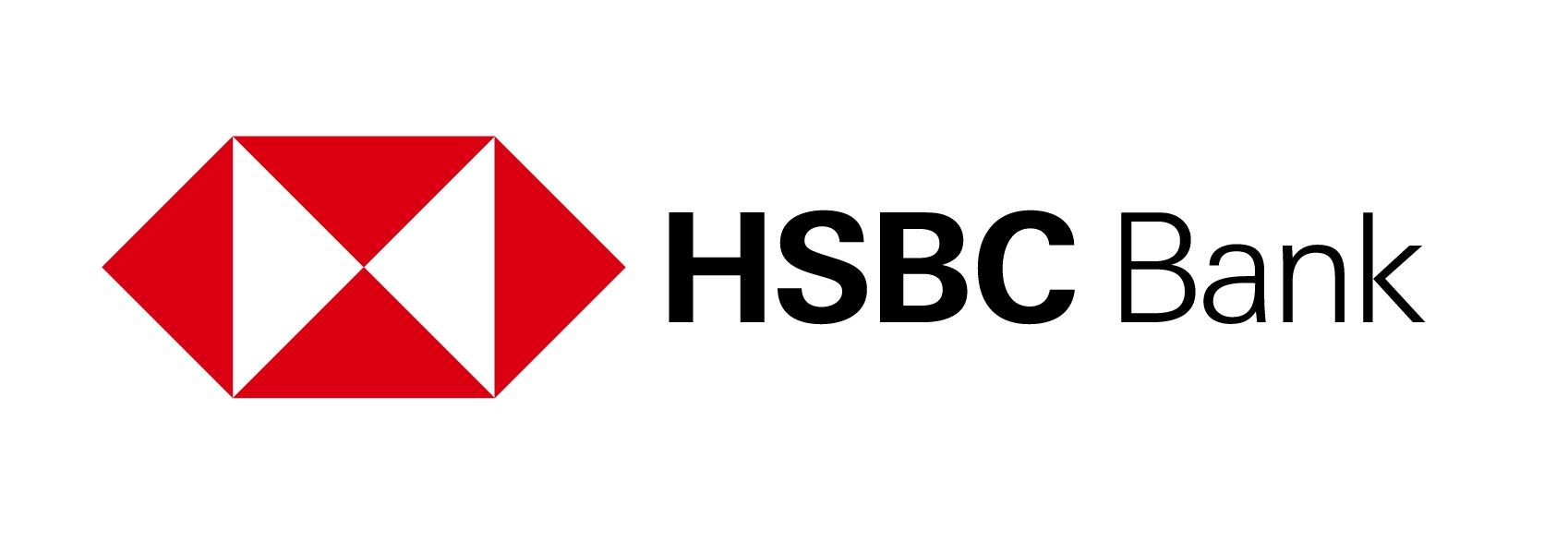Kevin Carmichael: A rare time when the Bank of Canada welcomes news that the economy has hit a rough patch

Article content
Canada might be headed for a recession after all.
Advertisement 2
Article content
Statistics Canada on Feb. 28 reported that economic growth stalled in the fourth quarter, ending more than a year of strong post-pandemic increases in gross domestic product.
Article content
“Canada’s economy ended 2022 with a thud,” James Orlando, an economist at Toronto-Dominion Bank, said in a note.
The agency’s latest tally of economic output belies some of the strongest hiring on record, highlighted by an unemployment rate of five per cent in January and hourly wage growth in excess of four per cent for an unusually long period of time. Those numbers caused some on Bay Street to second-guess predictions that high inflation and a spike in interest rates would inevitably cause a downturn — perhaps even a serious one.
Article content
But there is more to GDP than consumption. Household spending increased 0.5 per cent from the third quarter, so all those new jobs were indeed creating demand, but not enough demand to offset reduced business spending on inventories, machinery and equipment and housing. Statistics Canada put the annual rate of growth over the final three months of 2022 at zero per cent, compared with a rate of 2.3 per cent in the third quarter.
Article content
Advertisement 3
Article content
It might sound odd, but the Bank of Canada will have welcomed the news that the economy has entered a rough patch. Governor Tiff Macklem’s unprecedented series of interest rate increases last year were calibrated to quickly take the heat out of inflation without causing a sharp spike in unemployment. The central bank predicted higher interest rates would cause growth to come to a standstill for a period of time — a reasonable tradeoff, he said, if that’s what’s required to get inflation back to two per cent.
The Bank of Canada in January predicted GDP would grow at an annual rate of 0.5 per cent in the fourth quarter, so the economy appears to be unfolding as policymakers thought it would. That guarantees Macklem will make good on his conditional promise to pause rate increases next week when he makes his next decision on where to set interest rates.
Advertisement 4
Article content
“Today’s mostly soft report won’t be a disappointment to policymakers, as the Bank of Canada is openly attempting to take some steam out of the economy,” Douglas Porter, chief economist at the Bank of Montreal, said in a note to clients. “And zero-point-zero growth is about as little steam as one could ask for, without pushing things into an outright downturn.”
GDP — the combination of consumption, investment, government spending and the net contribution from international trade — grew 3.4 per cent from 2021, pushing the size of Canada’s economy to $2.2 trillion.
-

Kevin Carmichael: How Canada’s grocery oligopoly dulled competition — and fuelled inflation
-

Kevin Carmichael: Slower inflation means the Bank of Canada’s ‘March break’ is back on
Advertisement 5
Article content
A separate Statistics Canada report that measures monthly GDP by recording the value of goods and services produced by industry showed output dropped 0.1 per cent in December, while early information indicates that GDP increased 0.3 per cent in January, suggesting the economy was resisting a fall into a recession, although it’s too soon to make a conclusion. Higher debt-servicing costs represent a headwind for consumption, as will a slower pace of wage increases.
“Weaker demand is yet to come,” Claire Fan, an economist at Royal Bank of Canada, said in a note.
Macklem is counting on it.
Inflation has been coming down steadily since peaking at 8.1 per cent in June, but at around six per cent, year-over-year increases in the consumer price index still are too high for a central bank that defines its mandate as keeping inflation at around two per cent.
Advertisement 6
Article content
History suggests it will be difficult to remove that much price pressure without orchestrating a downturn. The Bank of Canada doesn’t deny the possibility. Its forecast calls for little or no growth over the first part of 2023, an outlook that implies it wouldn’t take much to tip the economy into a recession.
But the central bank governor hasn’t given up on trying to finesse what economists call a “soft landing.” Macklem acknowledged in November that sharp interest rate increases typically lead to a jump in unemployment, although he said he thought that the number of job losses that result from his inflation fight will be muted by an unusually high level of job vacancies. In other words, employers will take down their “help wanted” advertisements, but will resist firing people.
Macklem reiterated in testimony at the House finance committee in February that one of the reasons he pledged to stop raising interest rates for now was that he doesn’t want to overdo it and trigger a downturn that could have been avoided. “We don’t want to overreact and have the inflation rate fall below the target,” Macklem said.
Many doubt that the central bank can pull it off, and those doubters could be right. But it looks like Macklem has successfully completed the first phase of the challenge.
• Email: kcarmichael@postmedia.com | Twitter: carmichaelkevin
Canada’s economy stalls, signalling recession possible
2023-02-28 15:59:10








Comments
Postmedia is committed to maintaining a lively but civil forum for discussion and encourage all readers to share their views on our articles. Comments may take up to an hour for moderation before appearing on the site. We ask you to keep your comments relevant and respectful. We have enabled email notifications—you will now receive an email if you receive a reply to your comment, there is an update to a comment thread you follow or if a user you follow comments. Visit our Community Guidelines for more information and details on how to adjust your email settings.
Join the Conversation